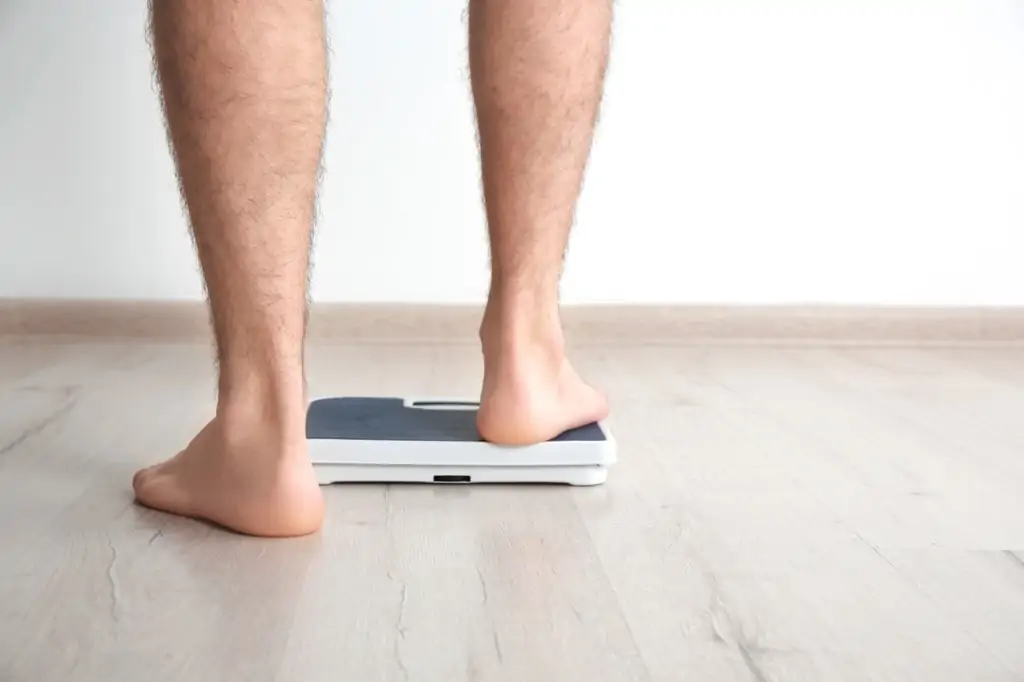
Studies have shown that obstructive sleep apnea (OSA), which is when the airway becomes blocked during sleep and interrupts breathing, is linked to a number of physical and mental health issues. Some of those suffering from OSA have been found to have high blood pressure, heart complications, diabetes, and depression. However, there is recent research that suggests that OSA may also be attributed to weight gain.
In a Mayo Clinic published sleep study, scientists assessed the level of OSA in overweight and obese adults participating in a 12-month behavioral weight loss intervention program. The results saw those with the presence of OSA had “blunted weight loss” and that lack of sleep “reduced adherence to behaviors supporting weight loss.”
So how exactly can a lack of sleep actually affect our weight? Research points to changes in our metabolic rates, hormones and other physical changes in our bodies that can be attributed to sleep disorders.
Hunger Hormones
Studies have shown that sleep deprivation can be the cause of negative changes in our metabolic rates and result in less energy and physical activity.
A National Center for Biotechnology Information (NCBI) study showed how sleep deprivation can alter glucose metabolism and also influence our “hunger hormones.” This includes decreased levels of leptin, which regulates energy balance and inhibits hunger, and increased levels of ghrelin, which stimulates appetite and increases food intake and promotes fat storage.
Midnight Cravings
Sleep deprived patients have been reported to have increased appetite as well as cravings for high-carbohydrate, calorie-dense foods.
In a University of Chicago study, published in SLEEP, young and healthy volunteers who were deprived of sleep from 8.5 to 4.5 hours started to experience increased hunger akin to having the “munchies” after consuming cannabinoid products. It was shown those suffering from insufficient sleep ate for pleasure rather than to fulfill a caloric need and gravitated towards foods containing higher levels of sugar, salt, and saturated fats.
How Weight Loss and CPAP Therapy Can Help
While it’s been shown that better sleep can promote weight loss, it’s also been proven that weight loss can also promote a better sleep. In other words, the two work together.
In an article published by Harvard Medical School, it was found that people who are overweight also have an increased chance of OSA due to extra tissue located at the back of their throats that can cause an obstruction to the airway and block the flow of air into the lungs while they sleep.
While losing weight is one way to combat these symptoms, it has also been shown that using continuous positive air pressure, or CPAP therapy, can be one of the most effective sleep solutions when treating OSA.
CPAP masks allow for an adjusted flow of airway pressure to your throat and help ensure that your airway stays open during sleep.
For more information on the health risks related to sleep apnea and other sleep disorders, read our article on High Blood Pressure, Heart Disease and OSA.
With an extensive selection of CPAP equipment and other proven sleep apnea solutions, the sleep experts at Snore MD want you to have a ‘Better Sleep. Better Life.’ That’s why our BC-wide clinics are open 6-7 days a week. Contact us to find a sleep clinic near you or take our free sleep test
About the author:
Kristin Froneman has more than 25 years as a writer, reporter and photographer. Her work has appeared in national publications, including Maclean’s.
Kristin helps readers to digest up-to-date obstructed sleep apnea news through researching and integrating trusted medical studies and their findings.




